A few days ago, on my twitter timeline, there was a tweet from an acquaintance “reply or quote this tweet with a space in Nigeria where it is reasonably safe to be a woman”. I pondered on this tweet for 2 minutes and responded “My father’s house”. The brute response was because I could not figure out another safe space as a woman off the top of my head (not a church, a workspace, the market…just my father’s house). I made a quick mental note on what a female safe space would look like:

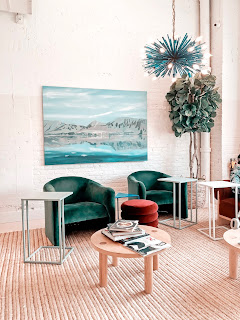
The answer to my thought was closer than I envisaged. Yesterday, Meeks – my friend from graduate school, invited me out for lunch to catch up on post-graduate life. After a lot of deliberations on where we could possibly sit, grab lunch and chat, we settled for her favorite spot in DC, “The Wing”.
Following our conversation, she signed me in via email as a visitor to “The Wing”.
“The Wing” is a workplace designed for women by women. I was astonished by the vintage wallpapers of women dressed in robes from the Victorian times, the architectural design, choice of color (painting and furniture), provident partitioning that includes a cafe, study area, shower, conference rooms, and so on.
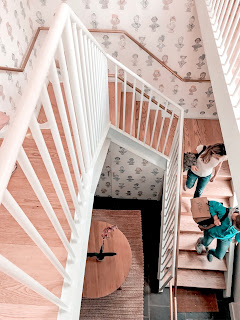
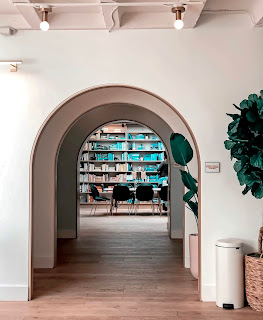
I deduced immediately, that I was in a no male zone and said to Meeks “men have to feel intimidated if they walk in here” she laughed and responded, “my dad could not sit for five minutes when he visited and left because he felt uncomfortable“.
Meeks ushered me to our seat and went ahead to order her lunch. Opposite us were a group of women having a chat and at the other end of the room, people were getting their work done. Everyone came in with a different mission but found a room that encapsulates their needs and this was refreshing to witness.
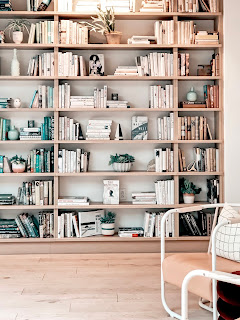
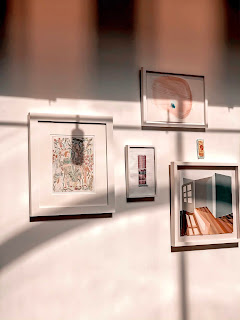
Although the idea of safe space can sound limiting, safe spaces for women are important for so many reasons; for example, having the ability to work without judgment or intimidation, working where you are less likely to be assaulted for being female, finding a space with amenities that cater to the needs of women (like a washroom with sanitary pads), breastfeeding rooms and other relaxation spots – all rooting for and advancing women’s empowerment.
Since the wake of the #MeToo movement and the support it garnered in 2018, conversations around safe spaces for women have increased due to the growing number of women that have opened up about the abuse they face within the work environment, public spaces, church, and homes.
Notable male celebrities like Harvey Weinstein, Bill Cosby have been caught in the web of the movement – one that is trying to seek recourse for victims.

In 2006, when Tarana Burke coined the phrase “Me Too” to help women who had survived sexual assault, she could not have fathomed the impact the ‘movement’ would have today. The impact which became widespread in 2018 thanks to the internet, has inspired other conservative cultures, ruffled feathers in sacred places and brought together a community of shared interest, seeking justice.
For example, in Northern Nigeria, the #Arewametoo movement is breaking the traditional norm, providing women with an opportunity to voice their assault without trepidation. The group has also extended its mission beyond online boundaries, and have taken to policy advocacy for girl child-safe spaces in the Northern region. Also, a protest was held in Lagos – Nigeria, to address the unwanted groping of women in the marketplace by traders. Despite the hostility protesters faced, recent social media comments showed less occurrence of similar assault in such an environment.
A 2018 report by the Institute for Women’s Policy Research (IWPR), noted that “almost a quarter to more than eight-in-ten women experience sexual assault in their lifetime” (Feldblum & Lipnic 2016). The nerve striking finding has continued to ensure that measures are adopted to keep women safe wherever they are. These measures have cut across disciplines, from clothing design to architecture, to academia, publishing, health & sciences, and social justice.
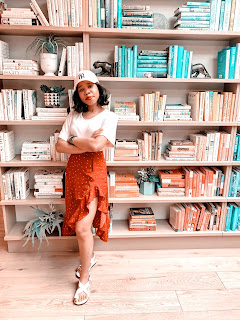
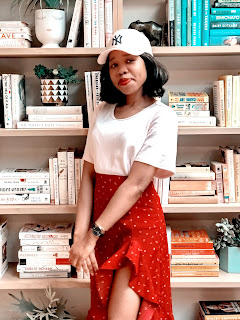
Now going back to the tweet that brought about all these, Nigeria is yet to have a nuanced discussion of public safe spaces for women – an example is the recent police clampdown and rape of women in the Federal Capital. I have become aware of emerging safe spaces around the world for women, and it is my hope Nigeria is not left behind.
Note: “The Wing” is a no man’s land paid membership workplace, available in positions here
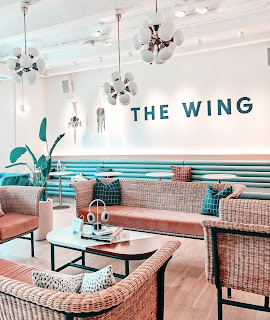
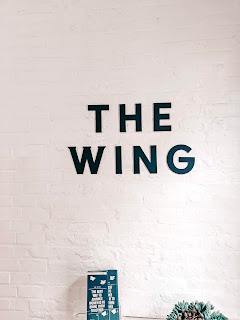

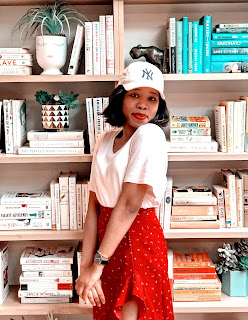
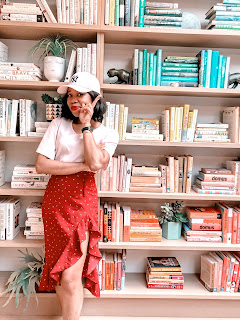
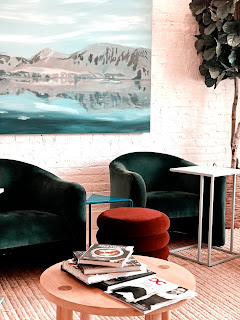
Author
Nice